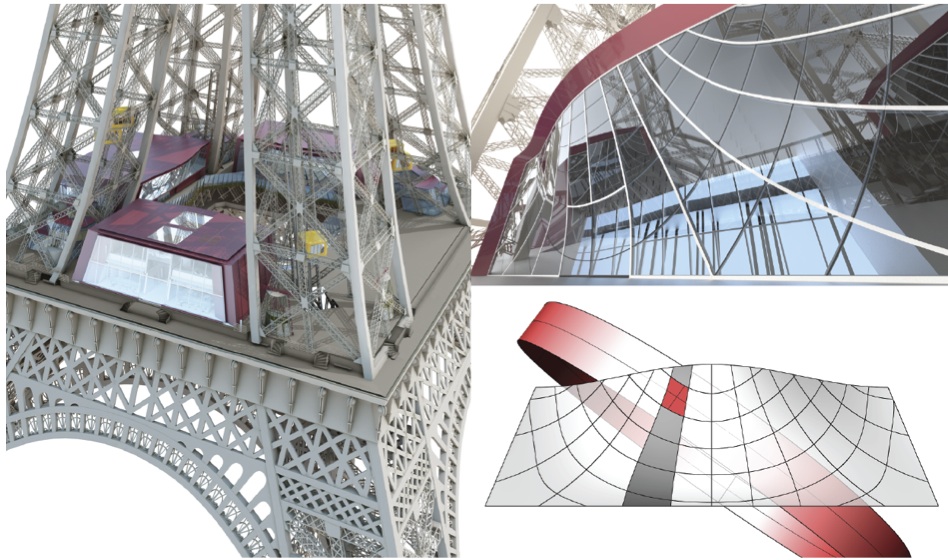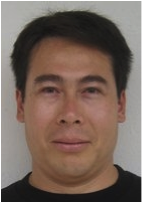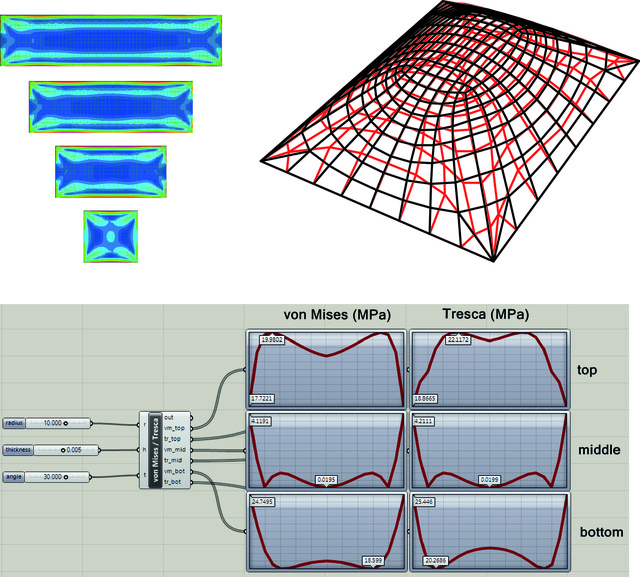Home
Secondments
Recruitments
Publications
Talks
Conferences
| Name of researcher |
Michael EIGENSATZ |
| Recruited at project partner |
Evolute |
| Starting date |
2010-07-01 |
| Duration of recruitment |
2 years |
| Short description |
The
central topic of my recruitment was to research, implement, and test
single curved panelisations of freeform surfaces with specialized panel
types motivated by practical requirements. The general computational
framework for D-Strip models should be extended to support the
specification of practical constraints like the angles and gaps between
panels and specialized to integrate practically relevant panel types
like cylinders and cones or ruled panels. The theory and results
developed in the 2 years of my recruitment were published in the most
important scientific as well as industrial conferences and journals in
the field of architectural geometry. The implementation was applied and
validated on real world architectural projects and helped in the
realization of some of the most prestigious architectural structures of
the recent years. The Eiffel Tower Pavilions, Paris – The results of the ARC project were applied for the panelisation of the glass façades of the new pavilions that are currently under construction on the first floor of the Eiffel Tower. The double curved façade was panelized using only affordable single curved (cylindrical) panels and, due to the results developed during my recruitment, was still meeting the high quality tolerances and constraints. |
| Name of researcher |
Giovani Gomez ESTRADA |
| Recruited at project partner |
RFR |
| Starting date |
2011-09-02 |
| Duration of recruitment |
16 months |
| Short description |
There is an
on-going trend in architecture to employ glass surfaces of curved
forms. Developable glass panels formed from cold bending techniques
provide better visual characteristics, in a less time- and energy
consuming manner than traditional hot bent panels. Since every
cold-bent panel is mechanically fixed to its final frame, they are
continuously subjected to bending stresses. It is thus important to
carefully analyse the internal forces created during the fabrication
process and lifetime. I worked on two projects: (1) direct calculation of von Mises and Tresca stresses for cold-bent glass panels; and (2) combined form-finding and planarisation of glass domes.  |